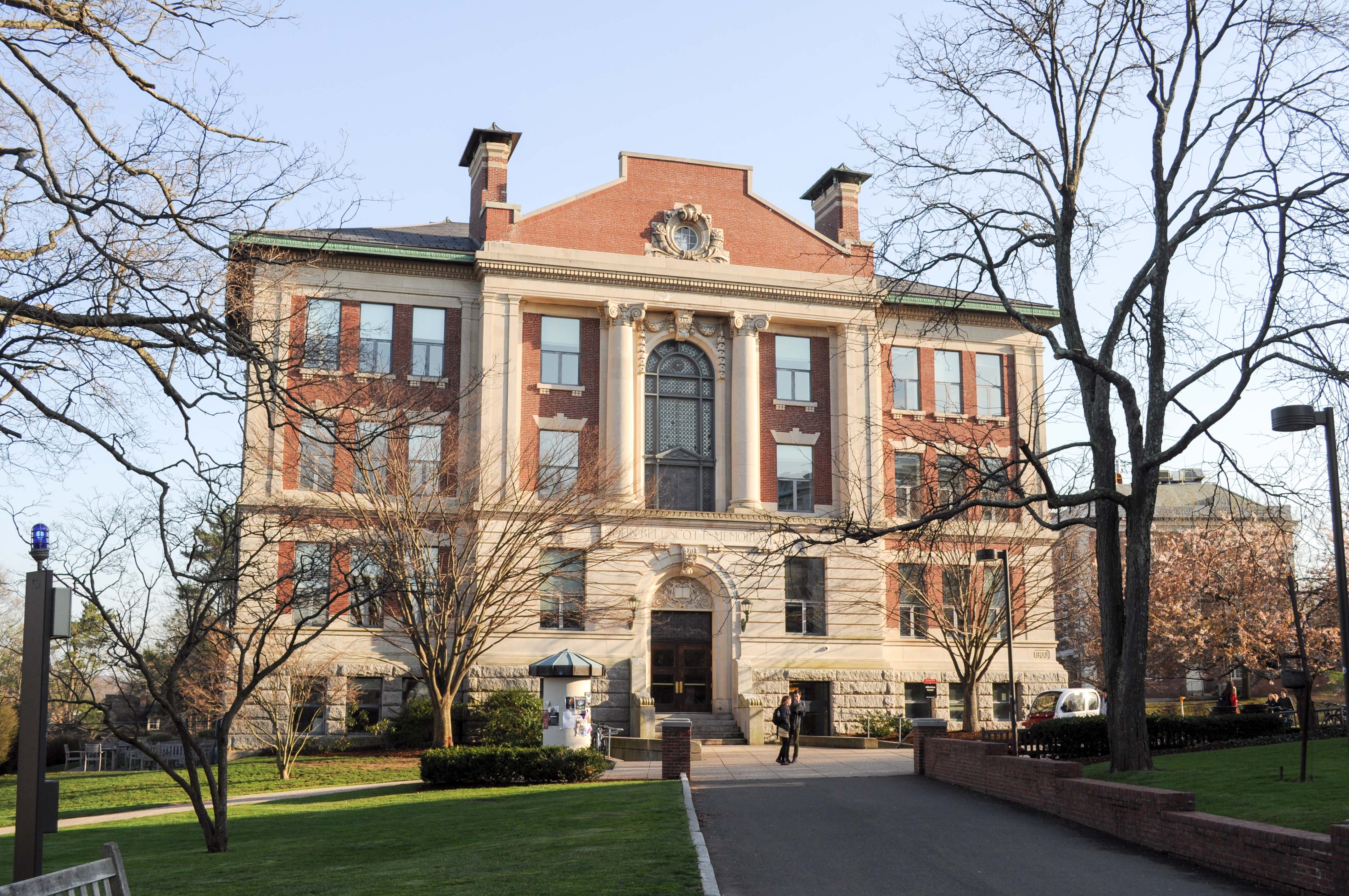
In September of 2016, the second-ever Open Hillel student organizing workshop took place at Wesleyan. It has now come to light, according to a report by Josh Nathan-Kazis ’07 of The Forward, that the workshop’s participants were being secretly monitored by the Israel on Campus Coalition (ICC), a major national pro-Israel organization.
Open Hillel, which predominantly consists of college students, is an organization that works to end policies which exclude students from Jewish communities based on their views on the Israel-Palestine conflict. The Wesleyan Jewish Community (WJC) joined Open Hillel in spring 2014, becoming the second campus to officially support the movement after Swarthmore College.
When the fall 2016 workshop brought together Wesleyan students with like-minded students from other universities, the ICC took notice. According to ICC promotional material obtained by The Forward, the organization discreetly monitored Open Hillel’s activity at the workshop, and announced its intention to continue doing so at similar future events. Though the exact methods of the ICC’s surveillance are currently unclear, with a $9 million budget and open coordination with the Israeli government, the organization’s resource pool dwarfs Open Hillel’s and makes such operations highly feasible.
Anna Fox ’19 was one of the students who attended the workshop. At the time, she was serving as Open Hillel’s campus outreach coordinator and as a member of the Open Hillel Steering Committee.
“It’s distressing to hear that ICC was monitoring Open Hillel students just because we were trying to promote open and inclusive Jewish communities,” Fox said. “This is linked to a larger pattern of demonizing and surveilling progressive Jewish students.”
Naomi Dann, who works as Media Strategist for the New York Civil Liberties Union, held a training at the workshop on how to interact with the press and write op-eds concerning the Israel-Palestine conflict. While not going quite as far as Fox, she observed a similar pattern, commenting on the pushback against increasingly ideologically inclusive spaces in Jewish communities and Jewish discourse.
“It is clear that there is a lot of energy going towards challenging efforts to broaden the conversation about Israel in Jewish spaces to include support for Palestinian rights, criticism of Zionism and embrace of the nonviolent tactics of boycott, divestment and sanctions to bring about change in Israeli policy,” Dann wrote in an email to the Argus.
Fox and Dann were both careful to note that Open Hillel does not take an official stance on the Israel-Palestine conflict. Instead, the organization specifically hopes to eliminate Hillel International’s “Standards of Partnership”, which prohibits partnership between Hillel International and any organizations or individuals that support the Boycott, Divestment and Sanctions (BDS) movement or deny Israel’s right to exist as a Jewish state.
“Open Hillel advocates against excluding pro-Palestinian or pro-BDS perspectives from conversations with Jewish students on campuses,” Dann said.
“[Open Hillel] literally just wants to make sure that communal Jewish spaces are inclusive,” Fox agreed.
Though Fox noted that there is no reason to believe that any Wesleyan students who did not attend the conference were monitored, she and others remain deeply concerned by the targeting of young Jews who do not take a hardline pro-Israel stance at Wesleyan and elsewhere. Abby Cunniff ’17, who was involved with Students for Justice in Palestine during her time at Wesleyan, has had similar experiences in which she felt targeted by a faceless entity for expressing her views on Palestine.
“I’ve seen what the article describes,” Cunniff wrote in an email to the Argus. “The most memorable example I have is from when we held up anti-Sabra posters at the Vic Mensa concert in the spring of 2017 (and were organizing with other campus groups to do a bigger push to get Sabra out of WesShop), there was a Facebook page called something like Wesleyan Against Hate that was putting up all this pro-Sabra stuff saying that [the Boycott, Divestment, and Sanctions movement] is anti-Semitic like the Facebook ads and tactics that are discussed in the article.”
This is not the first time that Wesleyan’s Open Hillel status has faced individual scrutiny from a national organization. Hillel International publishes a college guide to hundreds of universities as a resource for prospective students who wish to know more about campus Jewish communities. Swarthmore and Wesleyan, Open Hillel’s earliest adopters, are conspicuously absent from the guide. While Hillel International claimed that this was due to the schools’ lack of Hillels, numerous other colleges that do not have a Hillel are included.
Steven Fields ’19 previously served as a senior board member of the WJC, and last school year was House Manager of the Bayit, the University’s Jewish-themed program house. He is not affiliated with Open Hillel, but also expressed disapproval of the ICC’s surveillance tactics, citing their actions as inconsistent with Jewish values.
“Judaism teaches us to be kind to the ‘other’ and to be open to different ideas,” Fields said. “Spying on young Jewish college students seeking to express their Judaism how they see fit is quite honestly a shameful move, and regardless of politics it’s not very Jewish of them.”
Nathan-Kazis characterized his work to the Argus as much more focused on the ICC end of the story. The impetus behind the ICC’s choice to monitor Wesleyan’s Open Hillel workshop, rather than Swarthmore’s original workshop or any of the subsequent ones, was not immediately clear to him. What is clear, though, is the scorn that the ICC’s tactics drew from large portions of both Open Hillel and the WJC.
“These millions of dollars could be much better spent creating educational opportunities for young Jews around the country,” Fields said. “As opposed to creating oppositional research on a small organization bearing little threat to their much larger organization.”
Sam Prescott can be reached at sprescott01@wesleyan.edu.


Leave a Reply